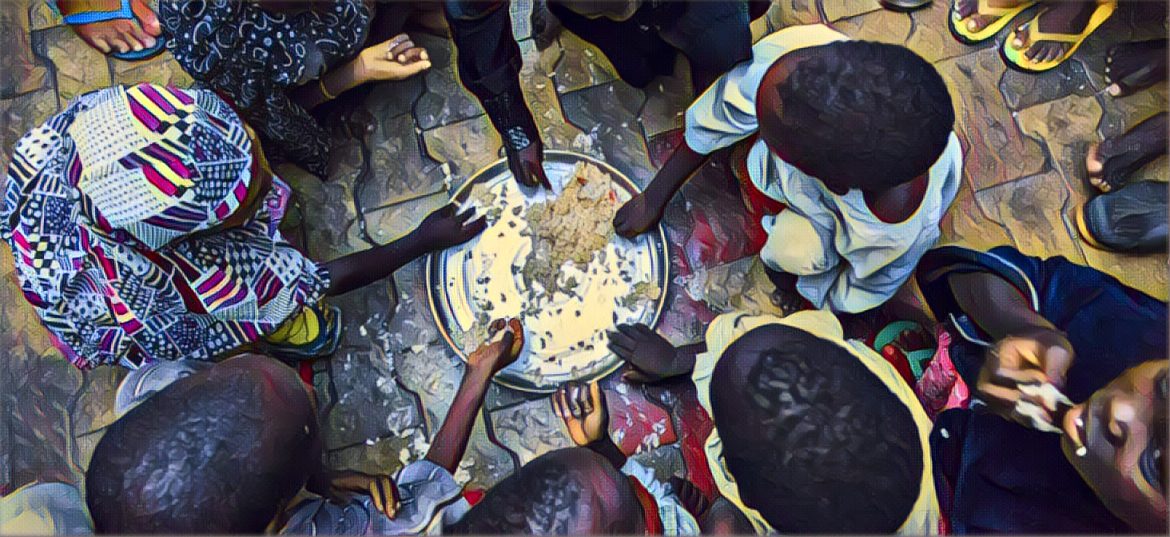Five months following a pivotal election, Zimbabwe finds itself ensnared in a deepening economic crisis, contrary to the hopes many harbored for progress and stability. The anticipated socio-economic advancements seem to be fading, with the nation’s economy plummeting at an alarming rate, exacerbating the hardships for its citizens, including the government’s struggle to provide adequate wages for its workforce.
The Zimbabwe National Statistics Agency (ZimStat) has laid bare the dire economic predicament in its latest report, revealing a sharp increase in the cost of living. According to ZimStat, the food poverty line for a single individual in January 2024 surged to ZWL$155,360.39, and the total consumption poverty line reached ZWL$198,981.37. This represents a staggering 45.6% jump from December’s figures, underscoring the escalating cost of basic needs.
According to a report by Newsday, the inflation rate, too, has seen a significant uptick, with month-on-month inflation rising to 6.6% in January from 4.7% in December. These figures starkly contrast with the government’s projections of 4.5% economic growth for the year, raising concerns over the credibility of economic statistics and the real state of the nation’s fiscal health.
The persistence of food poverty, defined as the inability to afford an adequate and socially acceptable diet, is particularly troubling in a country endowed with vast agricultural potential. With nearly three million Zimbabweans currently reliant on food assistance from both governmental and international donors, the situation paints a grim picture of widespread destitution that extends to employed individuals in both the public and private sectors.
The World Food Programme highlights that 42% of Zimbabwe’s population lives in extreme poverty, a condition exacerbated in urban areas by inflation, rising food prices, and an unstable exchange rate. This economic downturn is not only threatening the livelihoods of millions but also casting doubt on Zimbabwe’s ambition to achieve upper-middle-income status by 2030.
The widening gap between government promises and the harsh economic realities faced by Zimbabweans calls for urgent and decisive action. The government is implored to foster an environment conducive to arresting the escalating poverty levels and reviving the economy. Without significant intervention, the vision of a prospering Zimbabwe remains a distant dream, far removed from the current trajectory of rapid economic decline and deepening poverty.


